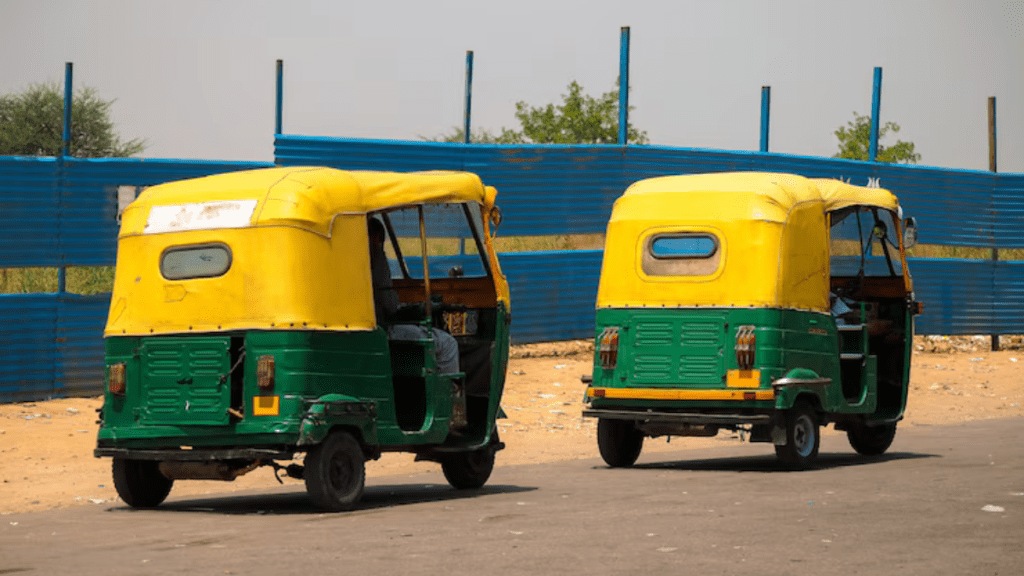The Tamil Nadu government is providing a subsidy of Rs 1 lakh for 1,000 women and transgender individuals to buy auto rickshaws. CNBC-TV18 reported that Labour Welfare Minister C.V. Ganesan made the statement on Friday, June 21, to help beneficiaries registered with the Tamil Nadu Drivers and Automobile Workshop Workers Welfare Board.
Minister Ganesan emphasised that the subsidy scheme is intended to increase wages and foster self-sufficiency among women and transgender auto drivers. The government’s goal in subsidising the purchase of auto rickshaws is to considerably improve their livelihoods and offer long-term revenue opportunities.
In addition to the auto purchase subsidies, the government also plans to introduce specialised orientation programmes in important districts, including Virudhunagar, that will focus on safety procedures in firecracker manufacturing facilities. With this, the government aims to improve workplace safety and promote best practices for workers who handle explosive materials.
To further assist skill development, government industrial training institutes will provide targeted programmes to upskill staff in Micro, Small, and Medium Enterprises (MSMEs).
Infocus – Skill development programmes
Minister Ganesan emphasised these projects during negotiations about the budget allocation for the Labour and Skill Development Department, PTI reported. Additionally, Ganesan, who also heads the Skill Development ministry, promised that facilities at the 71 government industrial training centres would be improved. These centres will provide skill development programmes for staff of Micro, Small, and Medium Enterprises (MSMEs). This move is intended to assist continued skill development and safety education activities, ensuring that workers are better prepared to complete their responsibilities safely and efficiently.
Minister Ganesan noted in his policy paper on the Labour Welfare and Skill Development Department, which was tabled in the assembly, that the government has revised regulations to increase the frequency of inspections of fireworks companies. This decision was reached in view of the severe risks associated with pyrotechnics manufacturing, as well as the higher rate of accidents in these factories compared to others. As a result, all fireworks facilities are now categorised as high-risk and undergo six-month inspections to guarantee compliance with safety requirements.
(with PTI inputs)
